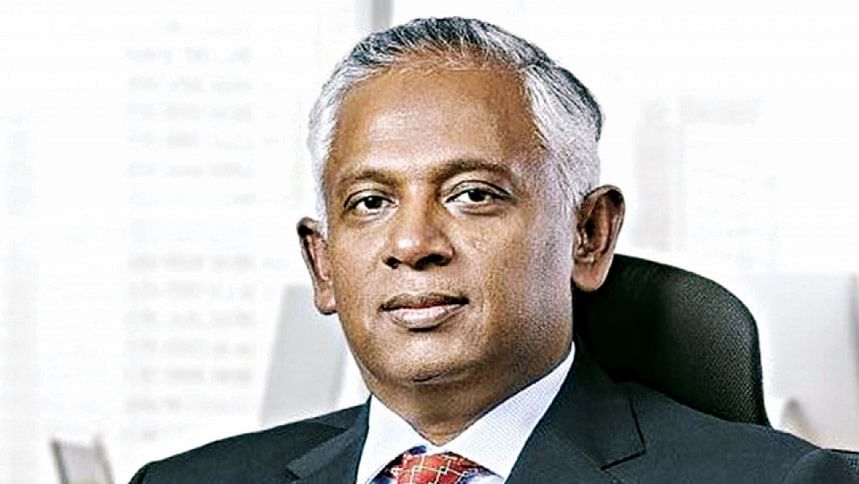Dialling into the future: Beyond phone numbers

Life without a phone and internet is unthinkable in the present world. About a year ago, I wrote about traditional telecom industries facing significant threats from LEO (low earth orbit) satellites, and it is increasingly coming to light with each passing day.
Elon Musk announced his plan to ditch his phone number, opting instead to use X (formerly Twitter) for texting, calling, browsing, and more. The move appears to be an attempt to promote new features on X, which officially launched audio and video calls last year.
According to X's website, while all accounts are able to receive calls, only subscribers to the paid-for subscription plan can actually make them. X also claims that it has a feature which enhances call privacy. Despite all its claims, the adaptability of this new product, X, is yet to be seen.
Musk is envisioning X as the "everything app", with additional new features being just a piece of the puzzle. His plans include expanding the platform's capabilities to offer communication tools, financial services, and more.
While some critics point out potential issues such as latency and encryption concerns, underestimating Musk, with his track record and knack for turning visions into reality, might be a mistake. His proven ability to navigate and innovate across industries indicates his ambitions for X should be taken seriously.
Musk has already taken control of the space, with Starlink owning 5,402 low-orbit satellites and total active satellites 8,377.
Starlink is playing an active role in war activities like in the case of Russia and Ukraine. Recently, it has declared a visit to Mars. Musk masterminded revolutionary developments like OpenAi, electric vehicles, and alternative energy (battery).
Arguing whether new tech would shake up old-school phone companies and their ecosystem, like fibre and towers, is like a funny chat between two friends.
One of them believes in the afterlife and heavens, while the other doesn't. The non-believer jokes, "What if you find out after you're dead that it was all fiction?"
The believer grins and says, "Well, if I'm right, I get to party in heaven. But if you're wrong, it looks like you'll be sweating it out down below."
So, with our phone company debate, maybe it's smarter to get ready and make the best of whatever comes our way.
When faced with change, the first instinct of many key players is to circle the wagons around the familiar old ways—after all, they've poured money, sweat, and tears into building them up, not to mention the government's revenue from the sector.
Sticking to the status quo is like trying to win a futuristic race with a horse and cart. Change can be a tough pill to swallow, but getting a head start on it means we can swap that pill for a smoothie. To truly craft a Smart Bangladesh, we need to leapfrog over the current tech trends. It's time to think beyond the 4G, 5G, and even the 6G horizons and sketch out a blueprint that is as forward-thinking as Bangladesh deserves.
A recent news piece highlights that the BTRC and the ICT ministry are discussing potential collaboration with Starlink, signalling a strategic step towards a smarter Bangladesh. The initial phase, post-launch, should focus on exploring diverse applications such as mobile services, remote area connectivity, disaster response, cellular back-haul, and community internet. While these applications are common in developed nations, Bangladesh should aim to innovate and adapt these to suit local needs and priorities.
Clinging to old tech is like betting on a horse in a spaceship race, and it is high time to sketch a future beyond the conventional telecom playbook.
The author is founder and managing director of BuildCon Consultancies Ltd

 For all latest news, follow The Daily Star's Google News channel.
For all latest news, follow The Daily Star's Google News channel. 



Comments